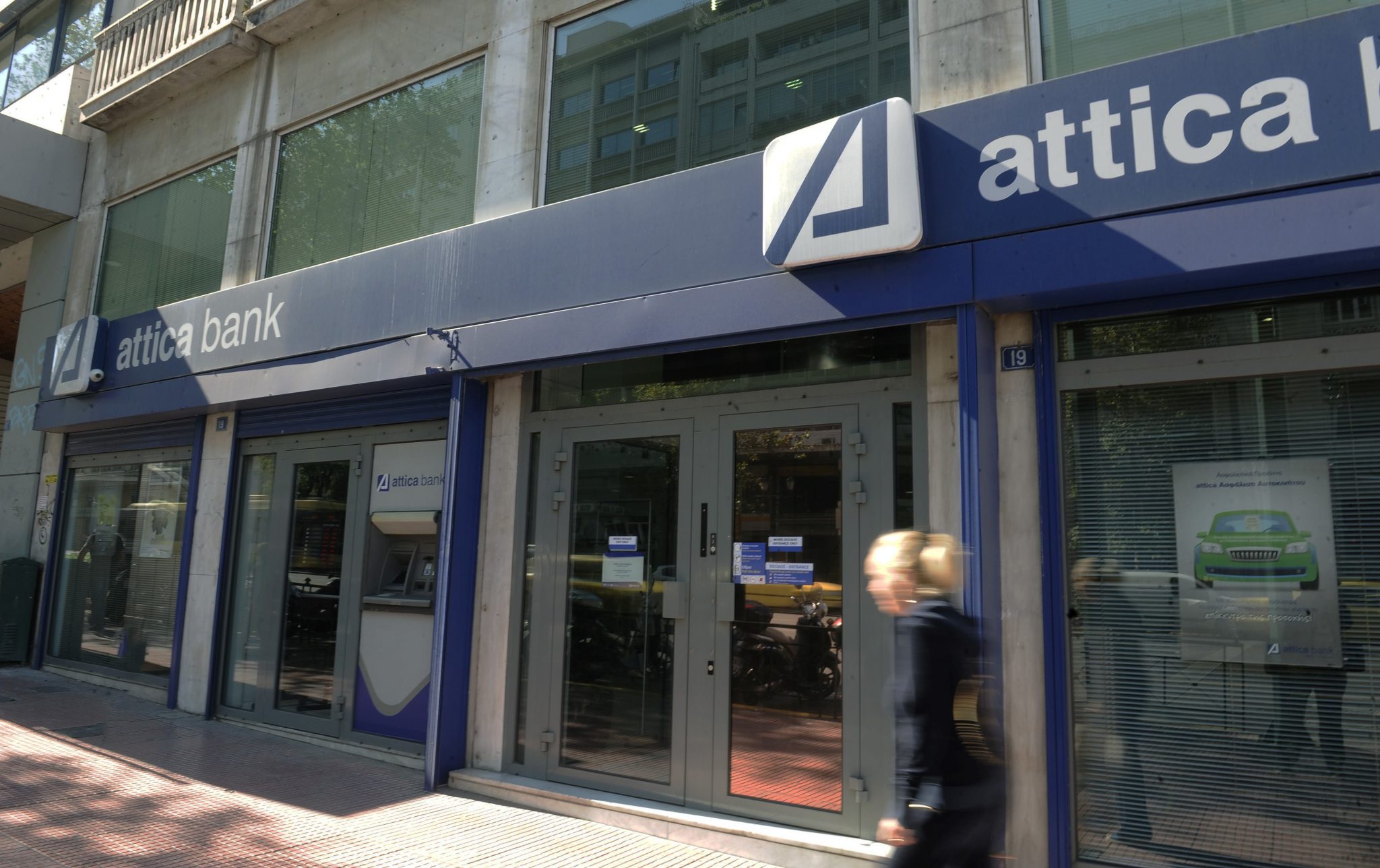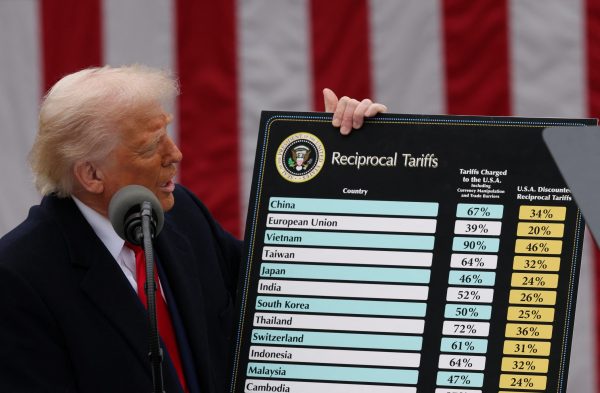
Attica Bank has announced its decision to eliminate fees on a broader range of banking transactions, building on recent changes introduced in Greece through legislative measures. As the bank stated this move is in response to the needs of its customers, both individuals and businesses.
As announced the following changes will be put in effect starting from Jan. 14, 2025:
The bank will waive all fees on incoming transfers to accounts at Attica Bank and Pancretan Bank. This means that customers, including individuals, freelancers, and small businesses, will incur no charges for receiving funds via bank transfers, regardless of the amount.
In alignment with government initiatives, the bank will extend these fee waivers to include small and medium-sized businesses with annual revenues up to 5 million euros, directly supporting the growth of the small business sector.
Until Dec. 31, 2025, there will be no fees for IRIS payments, a service offered to freelancers and individual businesses for incoming payments via the IRIS system.
Attica Bank emphasized that these changes reflect its commitment to providing competitive and high-quality services, focusing on enhanced customer satisfaction and the expectations of a modern financial institution.
Widespread Changes in Bank Fee Policies Ahead
Recent government measures that set a cap on transfer fees and eliminate charges for bill payments are prompting significant changes in the banking sector’s pricing policies. These changes, expected to be finalized within the next month, will reshape the payments landscape.
The government introduced a bill in Parliament on Thursday setting maximum limits on fees for specific types of transactions, paving the way for adjustments in bank fee structures. Banks will be given a grace period of a few weeks to adapt their systems, with the new fees expected to be in place by mid-Jan.
Source: tovima.com
Latest News

Trump Tariffs Jeopardize Growth: Piraeus Chamber of Commerce
The tariffs, aimed at reducing the U.S. trade deficit, are expected to have both direct and indirect effects on the European economy

EU Condemns Trump Tariffs, Prepares to Retaliate
As tensions escalate, the EU is expected to continue negotiations with Washington while preparing for potential economic retaliation.

The Likely Impact of Trump Tariffs on Europe and Greece
Trump tariffs are expected to negatively affect economic growth in the Eurozone while Greece's exports could take a hit.

Motor Oil Results for 2024: Adjusted EBITDA of 995 mln€; Proposed Dividend of 1.4€ Per Share
Adjusted EBITDA for 2024 was down 33% yoy. The adjusted profit after tax for 2024 stood at 504 million euros, a 43% decrease from the previous year

Cost of Living: Why Greece’s 3% Inflation Is Raising Alarm
Greece appears to be in a more difficult position when it comes to price hikes, just as we enter the era of Trump’s tariffs.

Fitch Ratings Upgrades the Four Greek Systemic Banks
NBG’s upgrade reflects the bank’s ongoing improvements in its credit profile, Fitch notes in its report, including strong profitability, a reduction in non-performing exposures (NPEs), and lower credit losses

Trump to Announce Sweeping New Tariffs Wednesday, Global Retaliation Expected
With Trump's announcement just hours away, markets, businesses, and foreign governments are bracing for the fallout of one of the most aggressive shifts in U.S. trade policy in decades.

Inflation in Greece at 3.1% in March, Eurostat Reports
Average inflation in the eurozone settled at 2.2%, compared to 2.3% in February

Greece’s Unemployment Rate Drops to 8.6% in February
Despite the overall decline, unemployment remains higher among women and young people.

Jerry Kalogiratos Highlights Key Role of Energy Transition and Data Demand in LNG Outlook
Energy transition and the prospects of LNG were discussed at Capital Link’s 19th Annual International Maritime Forum, during a panel discussion with Jerry Kalogiratos (Capital Clean Energy Carriers Corp.)
























![ΕΛΣΤΑΤ: Αυξήθηκε η οικοδομική δραστηριότητα κατά 15,6% το Δεκέμβριο [πίνακες]](https://www.ot.gr/wp-content/uploads/2025/03/DSC9655-2-1024x569-1-90x90.jpg)

















 Αριθμός Πιστοποίησης
Αριθμός Πιστοποίησης